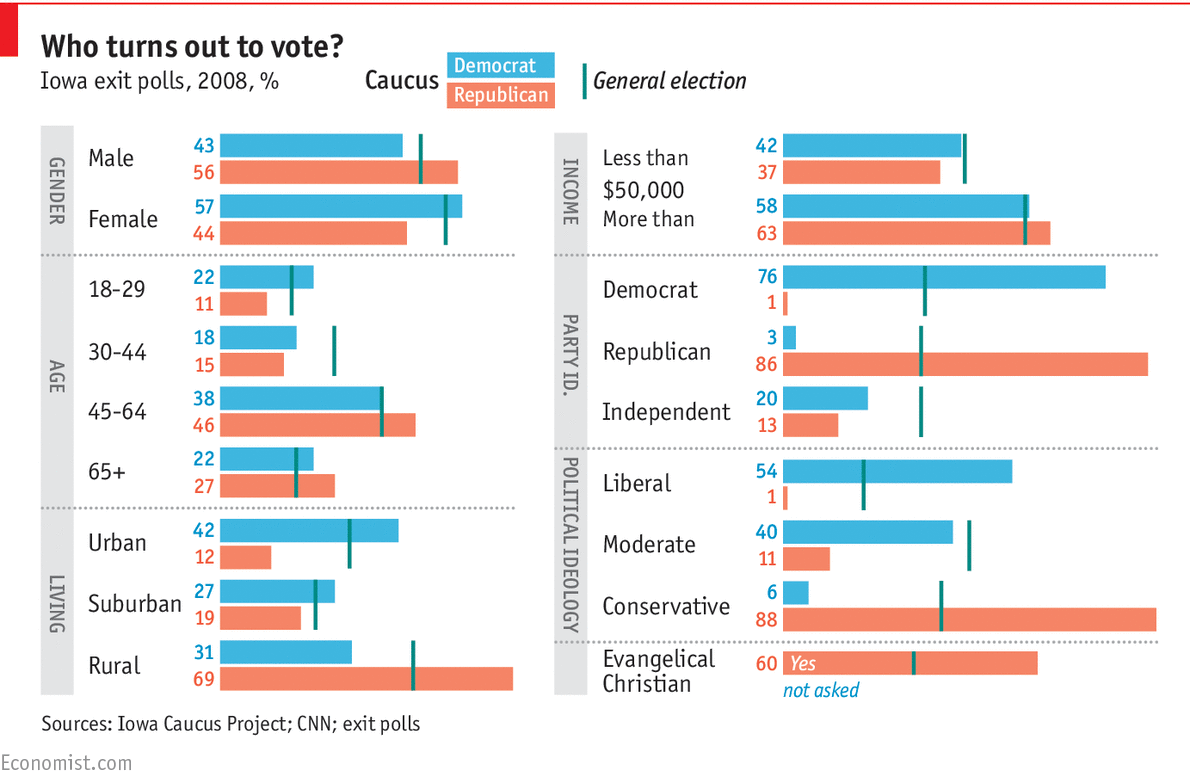

An older, retired person may seek out other goods and services, such as those related to recreation and health, and may even buy a smaller home or a car after their children have moved out.Ī population has different needs depending on whether its age structure is younger or older, and changes to this structure can have significant effects on the economy and society as a whole. For example, a young adult may be thinking about buying their first home or purchasing goods and services to meet the needs of their young family, such as daycare. But the growth rate of likes, shares and comments of content from manipulators and false content producers exceeded the interactions that people had with what the researchers called “legitimate journalistic outlets,” such as Reuters, Associated Press and Bloomberg.A person's age is closely related to the goods they consume and the services they need.

Kornbluh said Facebook users engaged more with articles from all news outlets this year because the coronavirus pandemic forced people to quarantine indoors. The social network does not make other data, such as the reach of posts, publicly available engagement data is the only information it provides. “It’s infecting our discourse and it’s affecting the long-term health of the democracy.”Īndy Stone, a Facebook spokesman, said that analyzing likes, shares and comments to draw conclusions was “misleading” because the data does not capture what most people see on Facebook. They’re allowed to,” said Karen Kornbluh, director of GMF Digital. “We have these sites that masquerade as news outlets online. The group used ratings from NewsGuard, which ranks news sites based on how they uphold nine journalistic principles, to sort them into “false content producers,” which repeatedly publish provably false content and “manipulators,” which regularly present unsubstantiated claims or that distort information to make an argument. In total, Facebook likes, comments and shares of articles from news outlets that regularly publish falsehoods and misleading content roughly tripled from the third quarter of 2016 to the third quarter of 2020, the group found. The organization, which has a data partnership with the start-up NewsGuard and the social media analytics firm NewsWhip, published its findings on Monday. People are engaging more on Facebook today with news outlets that routinely publish misinformation than they did before the 2016 election, according to new research from the German Marshall Fund Digital, the digital arm of the public policy think tank. Since then, the social media companies have spent billions of dollars and hired tens of thousands of people to help clean up their act.īut have the platforms really become more sophisticated at handling misinformation? During the 2016 presidential election, Russian operatives used Facebook, Instagram, Twitter and other social media platforms to spread disinformation to divide the American electorate.


 0 kommentar(er)
0 kommentar(er)
